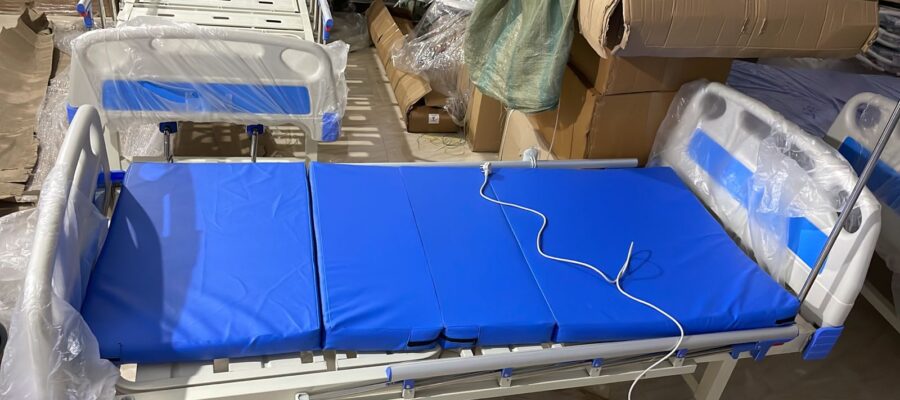I tried to debate this in my head over and over again as to what had compelled the family to think that a 90-year-old had to be kept mobile? Was it really the concern or the guilt that they weren’t doing enough for a 90-year-old to stay healthy?
Thank you for reading this post, don't forget to subscribe!A few days later, I had a conversation with a nurse at a hospital in Bangalore who had just returned after working abroad. According to her, she had never seen so many relatives wait outside the ICU Care At Home of an American hospital. And their presence wasn’t even helping. In fact, she said she overheard a couple of them say that ‘’we just have to be here.
We belong to a land that is rich in culture & tradition and service to others is our forte. But do we foist upon ourselves the unwanted guilt that we aren’t doing enough and keep going that extra mile for our ailing loved ones every single time?
Maybe we do.
How Can A Caregiver Keep A Stroke Survivor Motivated? is a tough job. But I guess most of us make it tougher by doing things that are not really required and inadvertently not only put the patient but also ourselves through a great amount of trauma.
Let’s start thinking a little differently and trust me it only makes things better.
- It is fine to have someone take care of your loved one besides you. Be it a relative or a caregiver. The health or the recovery of your loved one will not deteriorate if you are not available all the time.
- If your loved one finds it increasingly difficult to chew and swallow food, it is acceptable to use a
- tube as per the physician’s advice. It is not your fault and you aren’t doing anything lesser for them by not feeding them orally.
- Unless it is strictly prohibited by the doctor, your loved one can enjoy the food they crave
- for. You don’t have to keep preparing special soups and salads unless required all the time.
However, if a special diet is required it is perfectly fine to hire someone to cook it for you.
- Believe it or not, your ailing loved one also needs some ‘me’ time. They don’t have to keep talking, remembering names, smiling and being part of celebrations or gatherings they are not even registering.
- Caring for a sick loved one can be a challenging task. No one ever scores a full 100. So don’t let those little insignificant lapses play on your mind and affect you emotionally. You are doing a great job.
- Think about the comfort of your loved one sometimes too instead of always robotically following a strict schedule. If they don’t feel like going for a walk one day, it’s ok. You all can watch television or play a game and have a good time.
- Last but definitely not the least. Acknowledge your emotions and let them find a way out. It’s perfectly normal. You will return to your tasks refreshed and rejuvenated.
In the end, remember what Mother Teresa said, “It’s not about how much you do, but how much love you put in the doing” and that love sometimes means letting go.



